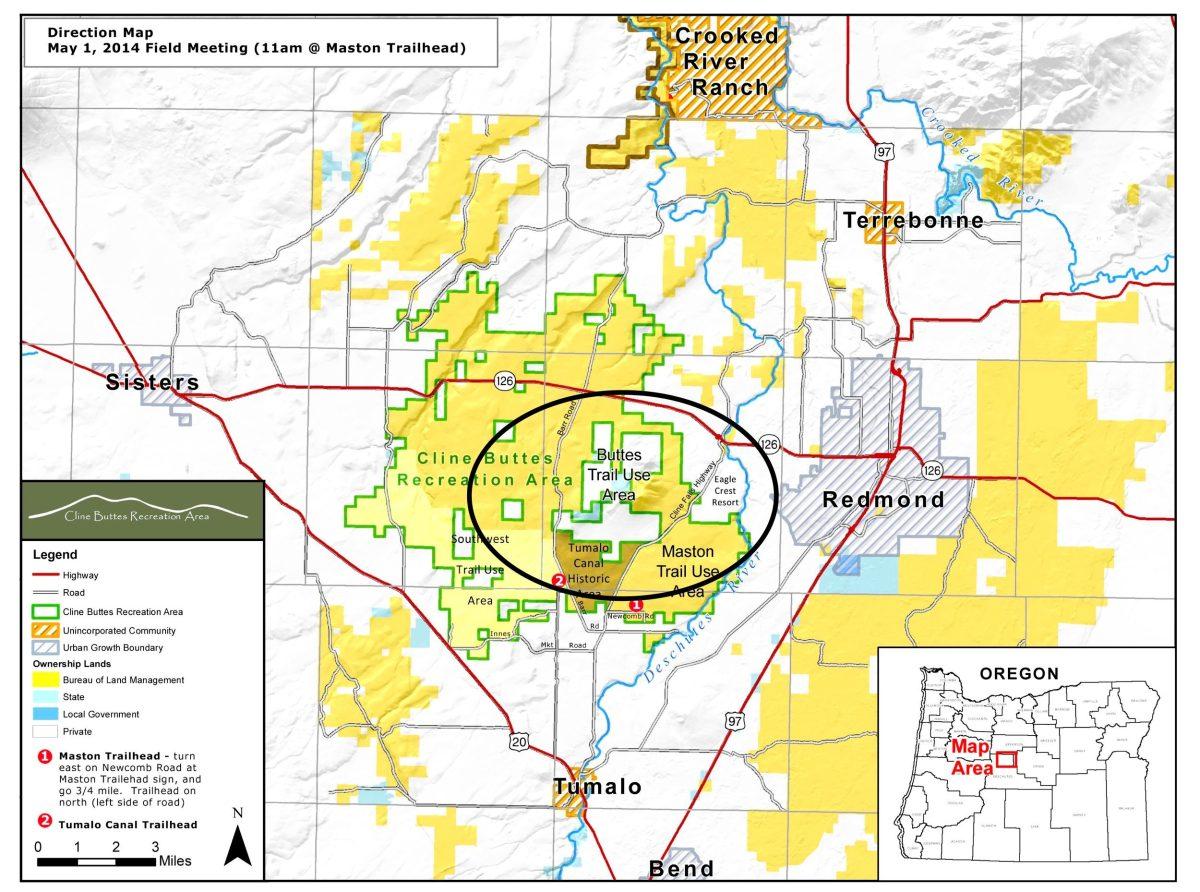Kirsteen Wolf
The Broadside
Listening to food author Ruth Reichl last week and reading Chef Julian Darwin’s comments in this week’s paper reaffirmed some of my core beliefs about food. Eating is a political act.
But like every form of politics, I wonder what power the individual has to affect change.
Reichl mentioned that in her home in the Berkshires, she is part of a Community Supported Agriculture cooperative and she eats only humanely raised meat. That sounds nice. But let’s face it, that lifestyle is out of reach for many students and working families.
I don’t believe the benefits of good eating should float up to the top so only the affluent should be able to afford a decent cut of meat, or an organic vegetable. But I do believe that everyone has to shift their concept of what is the true price of cheap food. Throwing a package of pork at nine cents a pound in your shopping cart means that you are voting for that system. I want you to be able to buy food without the heavy baggage that comes with it. The system is not looking out for you.
Michael Pollan—author, journalist, essayist—has written for decades about how food choices and culture intersect. He is fast to point out the lopsided and misdirected farm subsidies. Big agriculture gobble up tax dollars when that money could go to support small farmers growing sustainable—and delicious—food at a better price than currently offered. Big politics affect your plate and big change will come from food reform.
But Pollan, in the face of enormous challenges still advocates for the individual’s influence.
“For us to wait for legislation or technology to solve the problem of how we’re living our lives suggests we’re not really serious about changing–something our politicians cannot fail to notice. They will not move until we do,” he wrote in 2008.
Like both Reichl and Darwin mention, this is not an “all or nothing” proposal. Do the best you can and the rewards are great. Eat more vegetables and grains and add as much humanely raised meat and eggs as you can afford. Some of the most delicious food is the cheapest: beans, rice, millet, quinoa, etc.
Pollan writes that “consumer spending represents 70 percent of our economy.” When you talk, big business listens. Target and Walmart have changed their offerings based on consumer demand. And when you know the truth about your food choices, you can no longer stay in the dark.
Get political at the grocery store.







